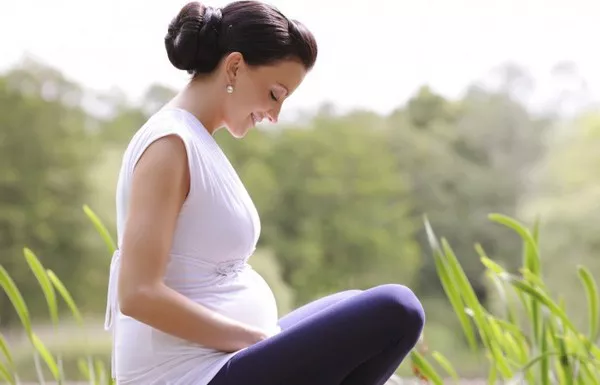As the COVID-19 pandemic progresses, understanding the long-term effects of SARS-CoV-2 infection, known as PASC or Long COVID, becomes increasingly crucial. While studies have extensively documented short-term complications, less is known about the impact of pregnancy on the development of Long COVID. This study aims to fill this gap by examining the incidence of PASC among pregnant individuals compared to non-pregnant counterparts.
About the Study:
The retrospective cohort study utilized data from the RECOVER Initiative PCORnet electronic health record dataset, encompassing approximately 10 million patients across 19 U.S. health systems. Females aged 18-49 with lab-confirmed SARS-CoV-2 infection between March 1, 2020, and June 1, 2022, were included. The primary exposure was SARS-CoV-2 infection during pregnancy, identified using validated algorithms. PASC within 30 to 180 days post-infection served as the primary outcome, with secondary outcomes including various conditions.
Study Results:
Of the participants, 5,397 had SARS-CoV-2 infection during pregnancy, while 83,915 were infected outside of pregnancy. Analysis revealed that pregnant individuals had a lower incidence of PASC compared to non-pregnant counterparts (25.5% vs. 33.9%). Symptoms such as joint pain, sleep disorders, and cognitive problems were less common among pregnant individuals, while thromboembolism, abdominal pain, and abnormal heartbeat were more prevalent.
Conclusions:
Despite the heightened risk for acute complications of COVID-19 during pregnancy, the study suggests a protective effect against the development of Long COVID. Pregnant individuals exhibited a lower incidence of PASC and certain associated symptoms. However, they showed higher incidences of specific conditions. These findings emphasize the need for further research to understand the unique impact of pregnancy on Long COVID and inform targeted interventions for this population.

